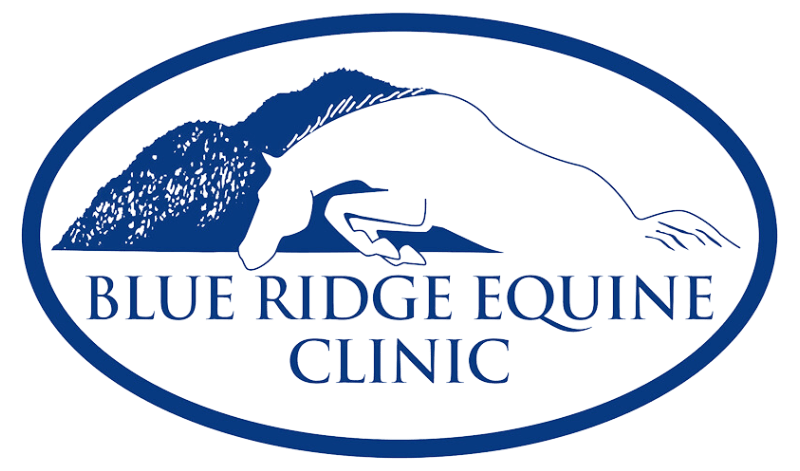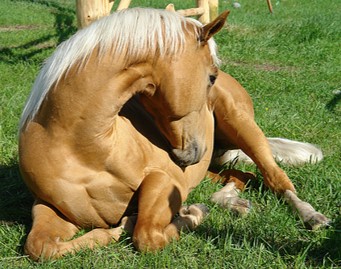Navigating Back To Normal: General Care Of Neglected Horses
Farrier care: Horses that are neglected may have significant hoof problems. Poor nutrition contributes to weak hooves, lack of good hygiene can lead to thrush, and lack of trimming leads to severe overgrowth and cracking. An early evaluation with a farrier is needed to make a plan for returning the hoof to a more normal condition. Depending on the condition of the feet, the farrier may request radiographs to evaluate the interior structures of the foot. Changing the foot is a gradual process, and may require frequent visits from the farrier for the first few months.
Deworming: Horses that have not been well cared for are at risk for significant parasitism. The best way to document the parasite burden in a horse is to have a fecal flotation performed. While it is true that parasites contribute to malnutrition in a horse, it is also true that severely debilitated horses lack the internal resources to withstand the damage to the intestinal tract that can occur when parasites die off and are eliminated from the body. Also, it is very difficult without a scale to determine the weight of an emaciated horse to determine proper dosing of anthelminthic drugs. There is no clear consensus in the veterinary community about the exact method that is best for deworming debilitated horses, but there is agreement that the gravest danger to these horses is the emergence of encysted cyathostomes (small strongyles) from the gut wall. When the adult forms of these parasites are killed by drugs like ivermectin, the larvae emerge from the gut wall, causing bleeding, inflammation, and loss of protein. Thus, recommendations most commonly include using a larvacidal medication (a single dose of moxidectin (Quest®) or 5 double doses of fenbendazole (Panacur®) to prevent this rapid emergence. Because there is still damage done to the gut lining, however, it is prudent to wait until the horse is acclimated to a normal plane of nutrition and gaining strength and condition prior to administering any anthelminthic. A veterinarian can help to determine when and how often to address parasite issues in recovering horses.
Vaccination: Horses suffering the effects of chronic malnutrition do not have the ability to respond normally to vaccination. The immune system depends on the body’s ability to produce proteins and build tissues, which is crippled during starvation. Vaccination should not be initiated until the horse is beginning to improve in condition after acclimating to a normal diet; vaccination is an important defense against infectious agents, but is secondary to rebuilding the body from strict survival mode. An initial series of each vaccination will be required, unless there are records to prove previous vaccination. During recovery, a staggered vaccination schedule is preferred, as debilitated horses are not able to withstand the challenges of vaccination that healthy horses are. The American Association of Equine Practitioners deems rabies, tetanus, Eastern Equine Encephalitis, Western Equine Encephalitis, and West Nile Virus to the core vaccines that all horses should receive. Additional recommended vaccinations for different geographical areas should be determined through consultation with the attending veterinarian.
General considerations: Very thin horses lack the intrinsic resources to withstand changes in weather. Providing shelter and blankets helps to avoid further depleting the horse’s energy stores in cold weather. Fresh, clean water and minerals should be available at all times. Meticulous wound care and general hygiene are important, as the immune system is damaged in starvation, and unable to fight against infection. When possible, stress should be minimized; horses should not have to compete for food or shelter, but should have other horses within sight to reduce anxiety. Dental care, which is important, should be delayed until the horse is stronger and gaining weight, as sedation and dental work are often poorly tolerated by debilitated horses. Many horses are rescued from neglectful situations with diseases that are a consequence of their poor care. Frequent veterinary evaluation, including blood work if a problem is suspected, can help to guide treatment and improve outcomes.

